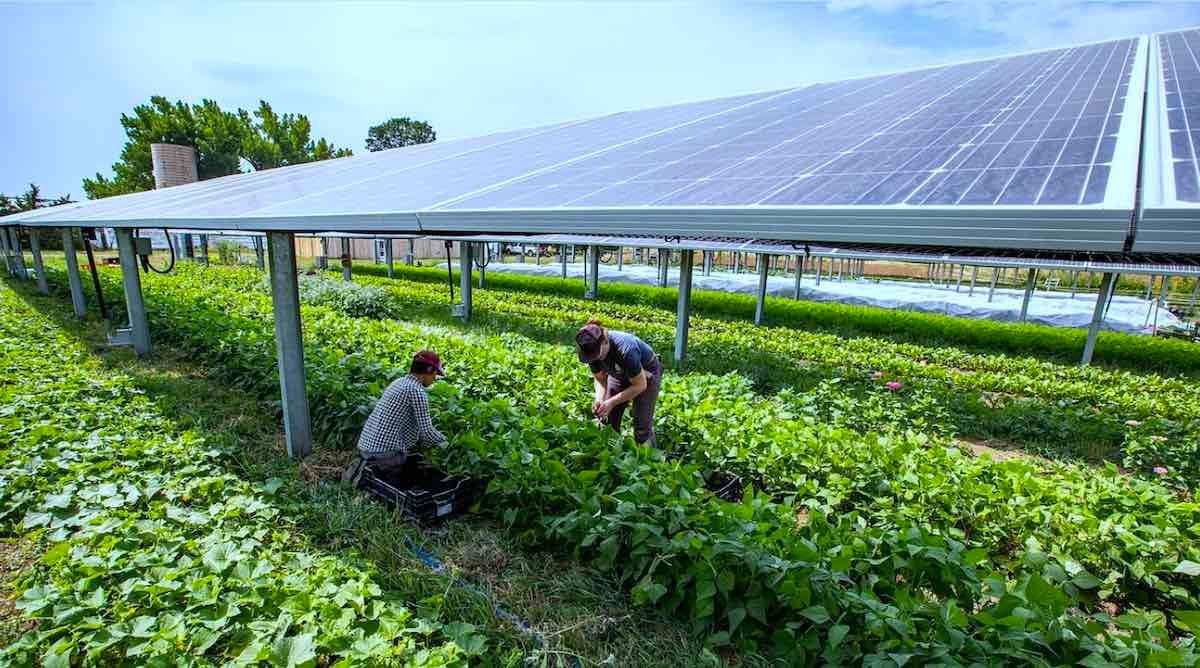Governor Vázquez Praises a Bipartisan Agreement Increasing Federal Contributions to Medicaid
On Saturday, Governor Wanda Vázquez praised a bipartisan agreement that would increase federal contributions to Puerto Rico’s Medicaid program from 55% to 76% over four years. “This means that 680,000 people will not lose their insurance, and the rest will not see their benefits reduced,” said the governor. Should the agreement go forward, Puerto Rico is expected to obtain $2,623,188,000 in FY 2020, with incremental adjustments that would add up to $2,914,331,000 by 2023. According to Resident Commissioner Jenniffer González, the total amount would be just over $11 billion.
With the increase in funds comes increased oversight in the form of a federally-appointed monitor, plus a ban on Puerto Rico Health Insurance Administration (PRHIA) contracts without federal approval, an independent internal audit, and other requirements. The Puerto Rican government may be subject to a decrease in Medicaid funds of up to 5% for each fiscal quarter in which these requirements are not met.
Democrats Denounce Executive Branch Hold on Emergency Aid for Puerto Rico
Amid an impeachment inquiry, which centers around the withholding of funds appropriated by Congress, the U.S. Department of Housing and Urban Development (HUD) continues to place a hold on $8.225 billion in emergency aid, stalling the process and missing a congressionally-mandated deadline.
On Thursday, congressional Democrats denounced the continued delay, with Rep. Joaquin Castro (D-TX), chairman of the Congressional Hispanic Caucus, arguing that top HUD officials “knew their actions were illegal and yet they did it anyways.” Rep. David Price (D-NC), who chairs the Urban Development Appropriations Subcommittee, also accused HUD of “illegally withholding” the funding for recovery efforts. At issue is a congressional mandate that called for HUD to issue funding notices for 18 states and territories by September 4, allowing the afflicted areas to draft plans to use and administer the appropriated funds. HUD issued all of the notices except for Puerto Rico’s.
Experts Warn of Further Economic Hardship if International Banks Exit Puerto Rico
If the Federal Deposit Insurance Corporation (FDIC), the Federal Reserve, and the Office of the Commissioner of Financial Institutions (OCIF, in Spanish) allow Scotiabank and Banco Santander to divest themselves of their Puerto Rican operations, the Island would cease to have global banks in its financial system, another indication of its financial woes and instability, and another black mark on its financial record. Santander’s Puerto Rican assets will be transferred to FirstBank, making it the second-largest bank in Puerto Rico. ScotiaBank’s Puerto Rican portfolio will be purchased by OFG Bancorp.
“For the past 15 years, the Puerto Rican economy has not been growing,” said Joe Glaude, an analyst who has been following the Island’s banking industry for nearly thirty years, in an interview with El Nuevo Día. According to Glaude, Scotiabank and Santader’s exit from the Puerto Rican market would cause a drop in interest rates for those keeping money in the banks, as well as higher interest rates for those borrowing from them.
Puerto Rican Researchers Take Point in Study of Child Asthma
A historic investigation by the Center for Pediatric Pneumology will seek to find the root causes of asthma in Puerto Rican children. “The truth is we’re not very clear on why there is such a high prevalence of asthma among Puerto Ricans,” said Rodríguez Santana, one of the study’s two chief investigators, in an interview with El Nuevo Día.
According to 2016 records, the prevalence of asthma in Puerto Rico was 37%; in 2012, the mortality rate for asthma was 4.4%. Investigators noted that uncontrolled asthma is expected to cost $960 billion over the next twenty years, as a result of hospitalizations, lost productivity, school absences, and other factors.
Puerto Rico Tops List of Places Most Affected by Climate Change
For the second straight year, Puerto Rico has topped the list of places most affected by extreme weather phenomena caused by climate change, such as hurricanes, flooding, and landslides.
The Global Climate Risk Index 2020, compiled by the NGO Germanwatch, notes not only that Puerto Rico has experienced 25 extreme weather events in the past twenty years, but that the ranking is the result of a specific weather event: Hurricane Maria, which struck in 2017, killing 2,975, and causing billions in damage.
Share
STAY IN THE LOOP
Subscribe to our free newsletter.
La organización BoricuaActivatEd celebró su séptimo aniversario con reconocimientos al líder de la red evangélica Esperanza y de la comunidad boricua de Filadelfia, Luis Cortés, y el legendario artista Antonio Martorell. Cortés, premiado por su
tudy: Economy leading factor for Puerto Ricans moving to Florida A new survey unveiled Monday in Washington, D.C. sheds new light on factors contributing to Puerto Ricans moving to the state of Florida. The Puerto
New federal funds for solar, battery storage announced The Department of Energy (DOE) on Thursday announced a conditional commitment to finance new solar and battery storage facilities on the southern coast of Puerto Rico. The investment




